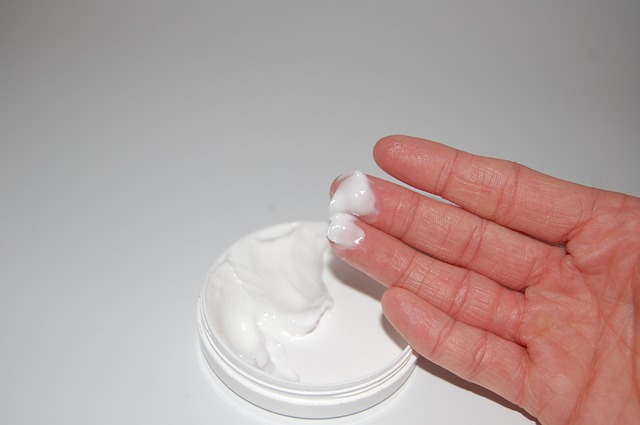Study Findings May Lead to Treatments that Stimulate Insulin Production
A new study has shown conclusively that a neuropeptide, melanin concentrating hormone (MCH), found in the brain and known for its role in increasing appetite in people, plays a role in the growth of insulin-producing beta cells and the secretion of insulin.
Lifestyle Changes Effective in Protecting Against Type 2 Diabetes
Changing to a healthier lifestyle appears to be at least as effective as taking prescription drugs in reducing the risk of developing Type 2 diabetes, says a new BMJ study.
Vision Loss Can Be Prevented in People with Diabetes
The American Academy of Ophthalmology wants Americans to know that even though diabetes is the leading cause of new cases of blindness, vision loss can be prevented if the disease is diagnosed and treated in time.
Diabetes Medication May Help Slow Progression Of Artery Wall Thickening
A medication given to diabetics to improve their body's sensitivity to insulin also appears to slow the thickening of their artery walls, according to a study by JAMA.
Periodontal Therapy Helps Patients With Type 2 Diabetes
Patients with Type 2 diabetes and periodontal disease who receive periodontal therapy see levels of oxidative stress, a condition in which antioxidant levels are lower than normal, reduced to the same levels as nondiabetic patients.
Widely Prescribed Diabetes Drug Causes More Harm Than Good
A new systematic review calls into the question the health benefits versus risks of pioglitazone (Actos), an oral medicine widely prescribed for diabetes throughout the United States, Canada, Europe and Asia.
Physician Resistance Hinders Diabetics Use of Cutting Edge Technology
Diabetic patients who use newer technologies such as insulin pumps and blood glucose monitoring devices are better able to manage their disease and adhere to treatment regimens, yet researchers have found that the newer methods are not being widely used because physicians may be reluctant to prescribe them, and even patients who are using them may not be deriving their full benefits.
High Glucose Before Surgery Raises Risk of Dangerous Complications
Patients who have high blood sugar before undergoing surgery run an increased risk of developing blood clots, deep vein thrombosis and even pulmonary embolism after surgery.
Alert: FDA Updates its Nationwide Alert on Counterfeit Blood Glucose Test Strips
Subsequent announcement provides two additional lot numbers that are included in the distribution of counterfeit products, along with descriptions of how to identify them.
Study: 1 in 523 Children and Adolescents Have Diabetes
About one in every 523 children and adolescents in the United States had physician-diagnosed diabetes in 2001, according to estimates.
Study: Genetic Variants Help Predict Type 2 Diabetes
Looking at groups of genetic changes may help to predict who will get type 2 diabetes according to a study.
Researchers: Traditional Chinese Exercises Can Help Combat Diabetes
A pilot study for Australia's first clinical trial to evaluate the effectiveness of traditional Chinese exercises in preventing the growing problem of diabetes has produced startling results.
Japanese Adults With Diabetes Have Increased Cancer Risk
Japanese adults with diabetes may have a higher risk of cancer overall and in several specific organs, including the liver, pancreas and kidney, according to results of a large study.
Exercise in Itself Improves Blood Glucose Control in Type 2 Diabetes
Exercise, dietary changes and medication have long been the cornerstones of managing type 2 diabetes. But few studies examine how exercise actually benefits these patients.
Study: Drug May Prevent 1-in-7 Cases of Diabetes
More than 8 percent of the world population is currently suffering from conditions that increase diabetes risk, so about one in 12 people should be taking a drug to prevent diabetes, according to a study.
New Study Supports Major Change In Diet Treatment For Diabetes
A low-fat vegan diet treats type 2 diabetes more effectively than a standard diabetes diet and may be more effective than single-agent therapy with oral diabetes drugs, according to a study in the August issue of Diabetes Care, a journal published by the American Diabetes Association.





